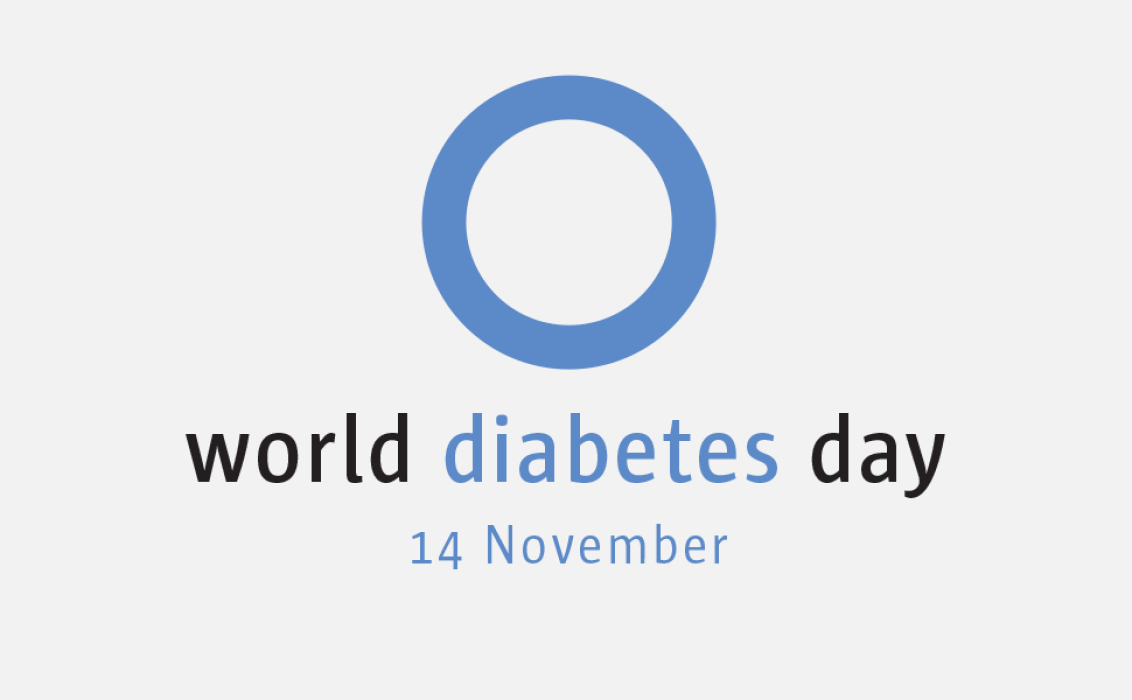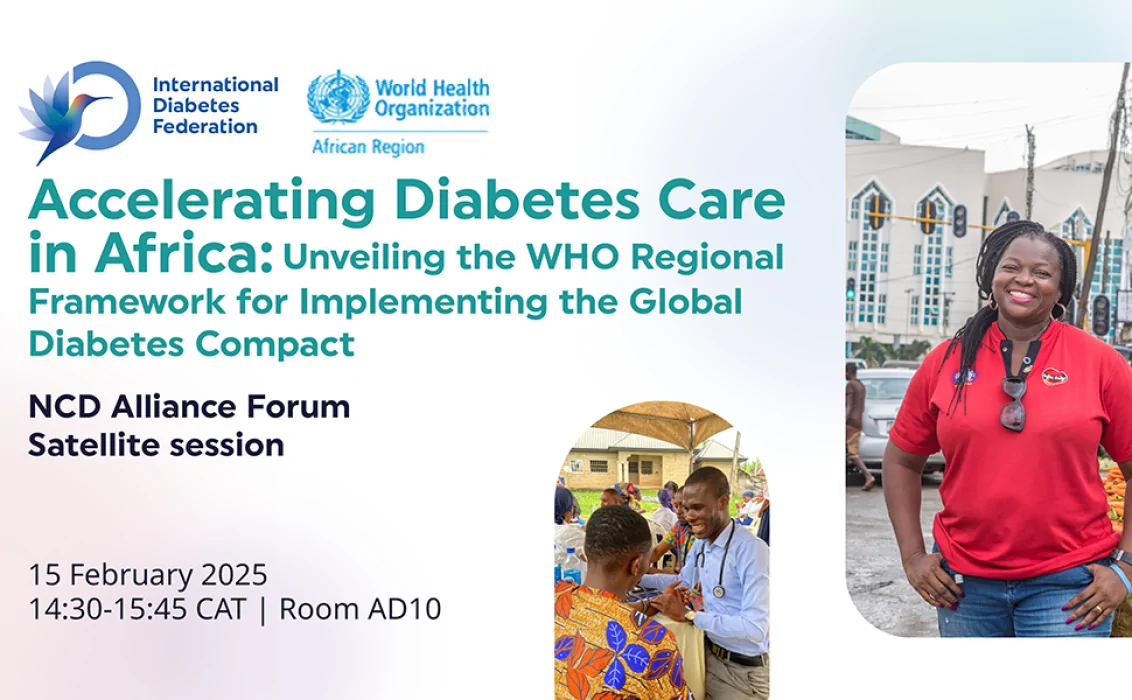This World Diabetes Day, the International Diabetes Federation (IDF) is calling for more nurses to be trained to help people living with diabetes to understand and manage their condition.
Over 460 million people are currently estimated to be living with diabetes worldwide, a number expected to rise to 578 million by 2030. Last year alone, the condition was responsible for 4.2 million deaths and at least $760 billion in health expenditure – 10% of the global total spent on healthcare. The impact of diabetes has come into even sharper focus this year, with half of people diagnosed with COVID-19 in some regions found to be living with the condition.
Nurses play a pivotal role in helping people with diabetes understand and manage their condition and in tackling the risk factors for type 2 diabetes in those most susceptible. As the prevalence of diabetes continues to rise across the world, more trained nurses are required to help people affected avoid life-changing complications – such as heart attacks, strokes, loss of vision, kidney disease and lower limb amputation – and promote healthier lifestyle behaviours. The World Health Organisation (WHO) has warned of a global shortfall of 5.9 million nurses and indicated that nursing graduates will need to increase by 8% a year to overcome the deficit by 2030.
IDF is urging national governments to respond and recruit enough nurses to help care for the growing numbers living with diabetes and to prioritise the role nurses play by investing in their professional development.
Commenting on the current shortfall, IDF President, Professor Andrew Boulton said: “Nurses are at the heart of healthcare worldwide and have a crucial role to play in the global fight against diabetes. Unfortunately, there are simply not enough to go around. Investing in nurses now to save future cost is a difficult message for those managing healthcare budgets. Too often, healthcare decision makers kick the problem down the line to a time when they will no longer be held accountable for the consequences. It’s a save-now-pay-later approach that is doomed to fail. Yet, the reality is that today’s governments are already paying for the failings of their predecessors. The tide of diabetes is rising fast and action is needed. Governments must recruit and equip an adequately trained workforce to support the growing numbers living with diabetes. Nurses are integral to the delivery of effective diabetes treatment, supporting ongoing diabetes management and preventing diabetes complications. Nurses make the difference.”
Judith Mendez RN BSN is a nurse from Belize, where close to 20% of the population have diabetes. Judith, who has diabetes herself, said: “The role of the nurse is extremely important in Belize, and countries similar in size and economic development. The resources available for diabetes care are insufficient to meet the pressing need for greater diabetes awareness, prevention, education and support.
“More often than not people diagnosed with type 2 diabetes are simply told to take pills and watch what they eat. This is using a band aid to fix a crisis and it’s simply not going to work. Nurses are often called on to provide more than just medical care. People trust nurses, often above and beyond other health professionals. We provide a sympathetic ear – a safe haven where people living with diabetes can find the support they need. The increase in the number of people with diabetes is pushing many healthcare systems to breaking point. Governments must invest in nurses now to help improve health education in the population and ease the pressure.”
To mark World Diabetes Day 2020, IDF is encouraging nurses and other health professionals to improve their understanding of diabetes care by offering free access to its IDF School of Diabetes online course on the role of the diabetes educator. Certified by the European Accreditation Council for Continuing Medical Education (EACCME), the IDF School of Diabetes is a digital platform that delivers high-standard, evidence-based diabetes education for healthcare professionals. Upon completion, learners will earn one EACCME credit and a certificate of completion.
World Diabetes Day 2020 is supported by AstraZeneca, Lilly Diabetes, Merck, Pfizer-MSD Alliance, Novo Nordisk and Sanofi.



